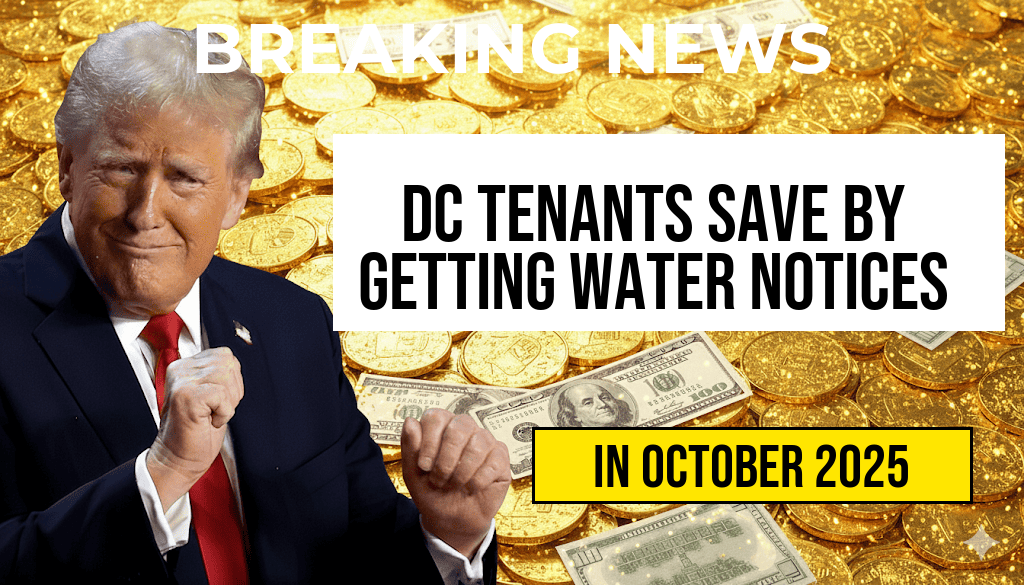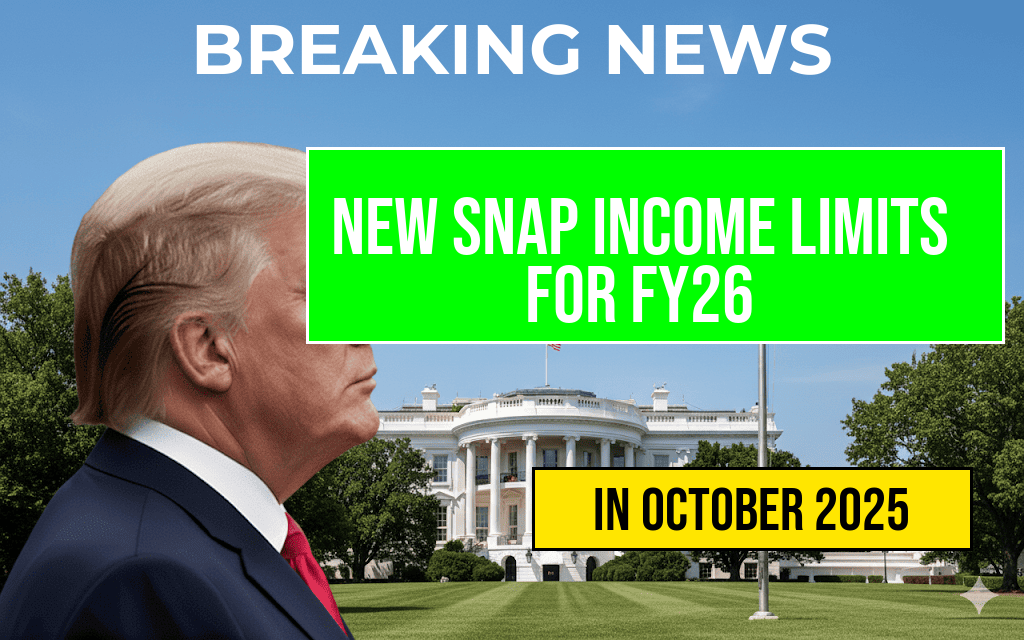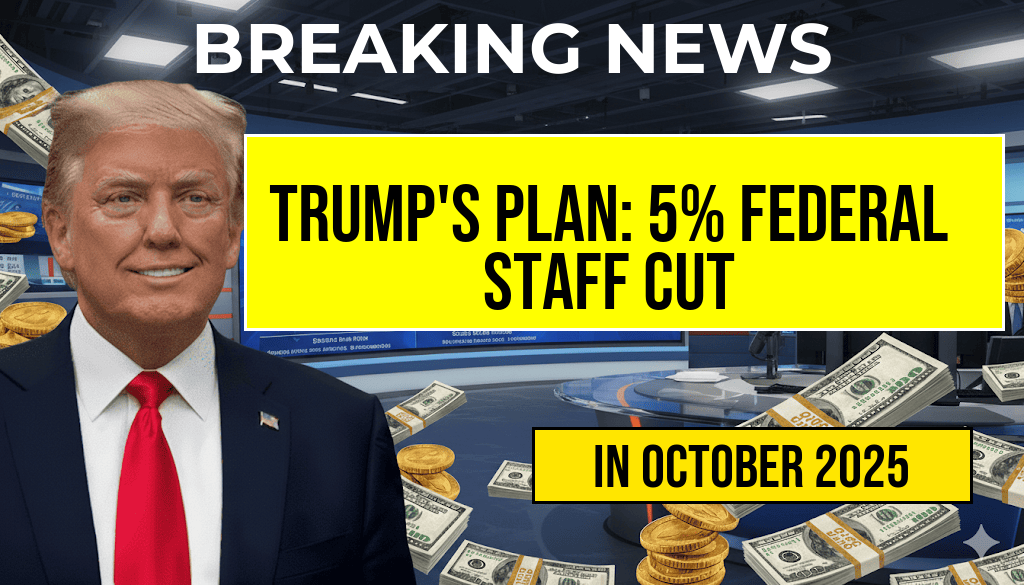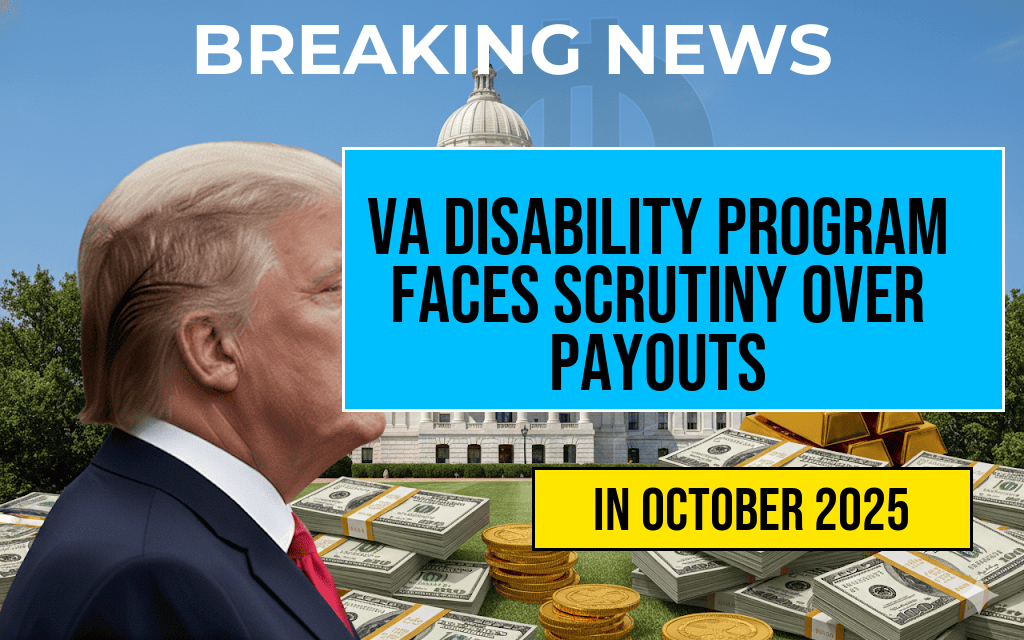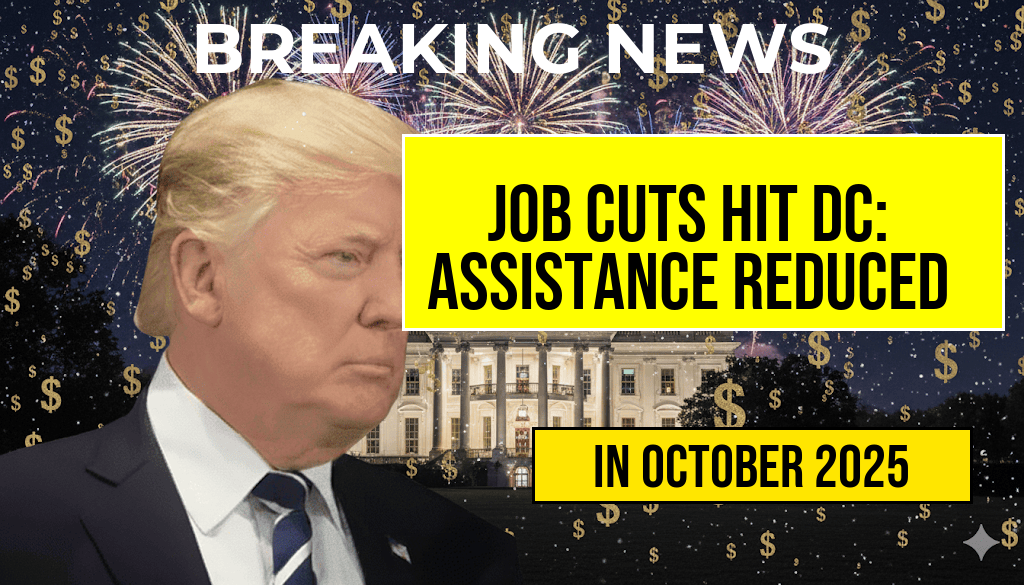In Washington, D.C., tenants can potentially save hundreds of dollars by obtaining the required water shutoff notices from their property managers. These notifications are essential for renters to avoid unexpected fees that may arise when water service is interrupted. The recent rise in utility costs and surcharges has made it crucial for tenants to be informed about their rights and responsibilities when it comes to water service interruptions. Failure to receive proper notification can lead to unexpected charges, emphasizing the need for transparency between landlords and their tenants. Understanding the process of obtaining these notices can empower tenants to manage their expenses more effectively and ensure they are not caught off guard by unexpected water-related fees.
Understanding Water Shutoff Notices
Water shutoff notices are formal communications from property management to tenants, informing them of scheduled interruptions in water service. These interruptions can be due to various reasons, including maintenance work, repairs, or emergencies. Under D.C. law, landlords are required to provide tenants with adequate notice before a water shutoff occurs.
Key Regulations for Tenants
- Notice Period: Landlords must give tenants written notice at least 48 hours prior to a scheduled water shutoff.
- Emergency Shutoffs: In cases of emergency, landlords are still required to notify tenants as soon as possible.
- Duration of Shutoff: Notices should include the expected duration of the water interruption.
Avoiding Surprise Fees
When tenants do not receive the required water shutoff notices, they may be subject to surprise fees or charges that can significantly impact their monthly budgets. These fees can range from late payment penalties to additional charges for using alternative water sources, such as bottled water or local water delivery services.
Financial Implications
According to local tenant advocacy groups, the lack of proper notification can lead to increased financial strain on renters. A survey conducted by the D.C. Department of Consumer and Regulatory Affairs (DCRA) revealed that nearly 30% of tenants experienced unexpected utility charges within the past year.
By securing the necessary notices, tenants can better prepare for potential service interruptions and avoid incurring additional costs. Here’s how tenants can request these notices:
How to Request Water Shutoff Notices
- Contact Property Management: Tenants should reach out directly to their property management or landlord to request the necessary notifications.
- Document Communication: Keeping a record of all correspondence is crucial. This documentation can serve as evidence if disputes arise over unexpected charges.
- Utilize Tenant Resources: Local tenant organizations can provide assistance and resources for understanding rights and responsibilities regarding water shutoff notices.
Resources for Tenants
Several organizations provide valuable information and assistance to tenants facing issues related to water shutoff notices:
| Organization | Website |
|---|---|
| District of Columbia Department of Consumer and Regulatory Affairs | dcra.dc.gov |
| Tenant Advocacy Coalition | tenantadvocacycoalition.org |
| Legal Aid Society of the District of Columbia | legalaiddc.org |
Conclusion
By understanding their rights and the importance of water shutoff notices, D.C. tenants can avoid unnecessary financial burdens. Taking proactive steps to secure these notices can lead to significant savings and foster a more transparent relationship between landlords and tenants. As utility costs continue to rise, being informed is more critical than ever for renters looking to maintain financial stability.
Frequently Asked Questions
What are water shutoff notices?
Water shutoff notices are official notifications sent to tenants informing them of upcoming water service interruptions. These notices allow tenants to prepare and avoid unexpected fees associated with water service disruptions.
How can tenants in DC save money with water shutoff notices?
By obtaining the required water shutoff notices, tenants can avoid surprise fees that may arise from unanticipated water service interruptions. This proactive approach can lead to significant savings.
Who is responsible for providing water shutoff notices to tenants?
It is typically the responsibility of the landlord or property management to provide water shutoff notices to tenants. However, tenants should ensure they receive these notifications to avoid any potential fees.
What should tenants do if they don’t receive a water shutoff notice?
If tenants do not receive a water shutoff notice, they should contact their landlord or property management immediately to request the information. It’s important to have this notice to avoid any unexpected charges.
Are there any specific regulations regarding water shutoff notices in DC?
Yes, there are regulations in place in DC that govern how water shutoff notices must be provided to tenants. Familiarizing oneself with these regulations can help tenants understand their rights and ensure they receive the necessary notifications.

